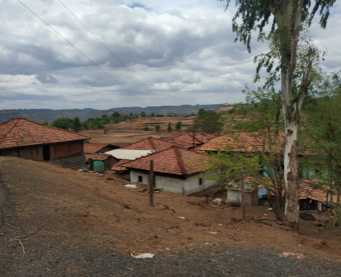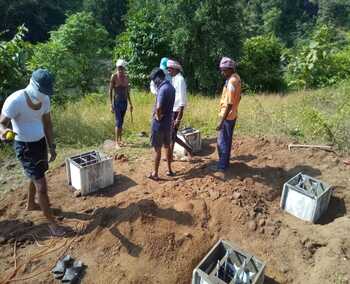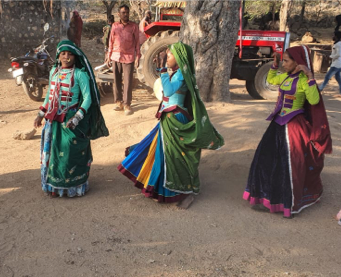Change Agents of Ghodi Mukund
Women farmers emerge as inspiration, leading through agriculture
By Dev Kotak
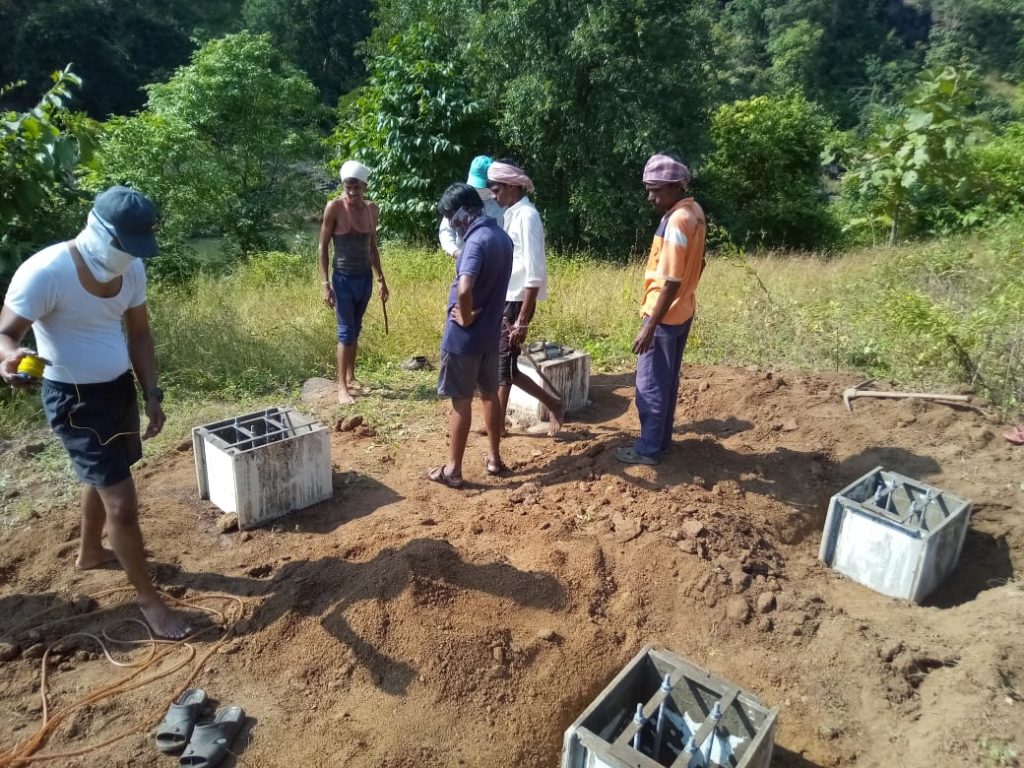
Several villages in the Palghar and Nashik districts of Maharashtra have shown proof of growth and success through transformation under the Integrated Village Development programs. A partnering of organizations to deliver on the requirements of two particular hamlets is a grand show of the synergy between Project Chirag and Diganta Swaraj that have helped the hamlets overcome their basic problems of access to water, electricity, education, health and sanitation, issues they have long lived with.
This intervention was led by Project Chirag in alliance with their grassroot partner, Diganta Swaraj Foundation.
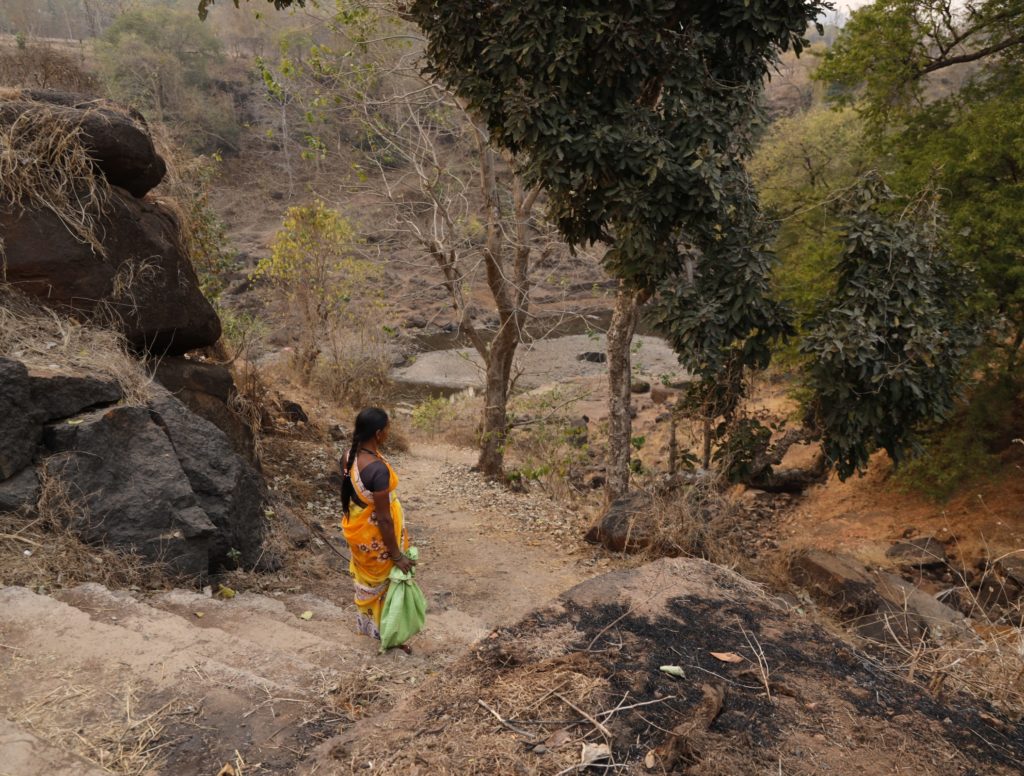
Initially, there was reluctance among the villagers as land is the only asset we have. But when they [the NGOs] explained their plans to us, we could see that it would bring about substantial changes in the area and end our sufferings.
- Madhukar Ghane
Initially, there was reluctance among the villagers as land is the only asset we have. But when they [the NGOs] explained their plans to us, we could see that it would bring about substantial changes in the area and end our sufferings.
- Madhukar Ghane
The plant works on ultra-filtration technology. It’s power-efficient and a good idea for a village that suffers from the irregular electricity supply, he adds. Furthermore, the overhead tank is connected to taps across the village.
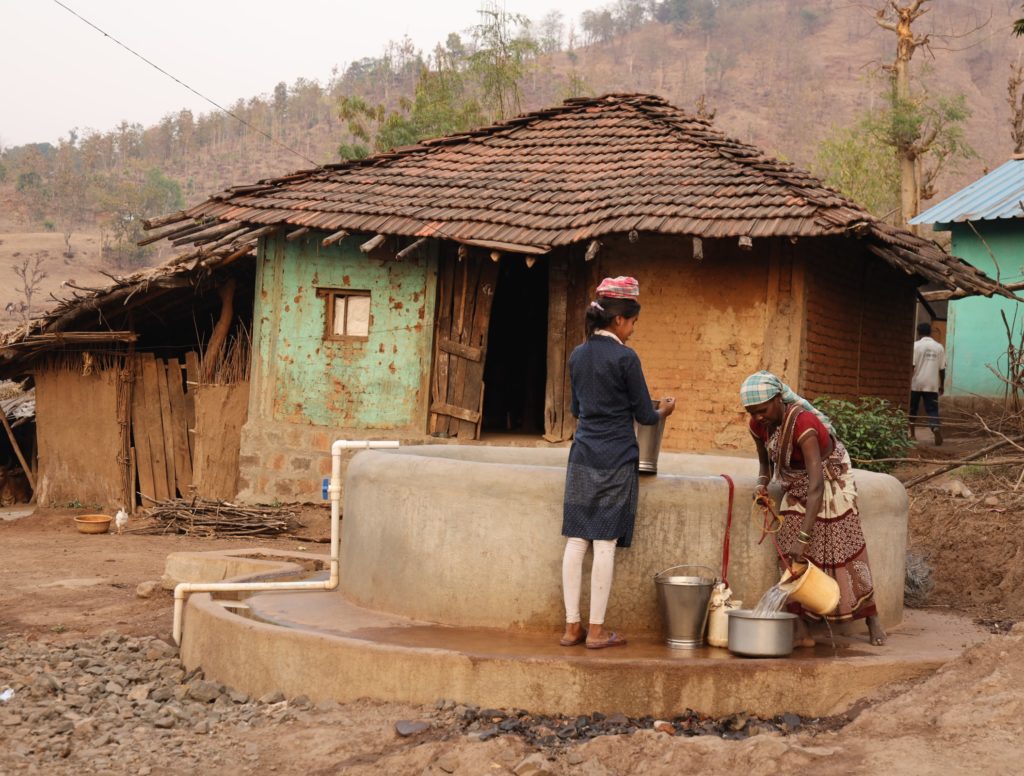
Having said that, the filtration plant has improved the lives of the womenfolk. “Now with at least six taps installed in the village, we don’t have to go to the lake. Our body and feet don’t hurt and, most importantly, it saves us three hours daily,” says a woman on the condition of anonymity. The extra time has allowed a few of them to now work as housemaids in the adjoining areas.
The availability of clean drinking water has led to a drop in the cases of water-borne diseases in the village. “Earlier our stock of 50 tablets (for cough, fever and dysentery) would last for about two months. But our last stock lasted for eight months!” said the resident ASHA (Accredited Social Health Activist) worker.
The tap water facility was followed by the construction of public toilets in the hamlet. This has brought down the instances of open defecation and made the women feel safer.
“Earlier, we had to wait till the dark or venture out very early in the morning to the fields. And it was always embarrassing to take someone along to relieve ourselves. [But] after the construction of toilets, we don’t have to worry about our security,” says another woman anonymously.
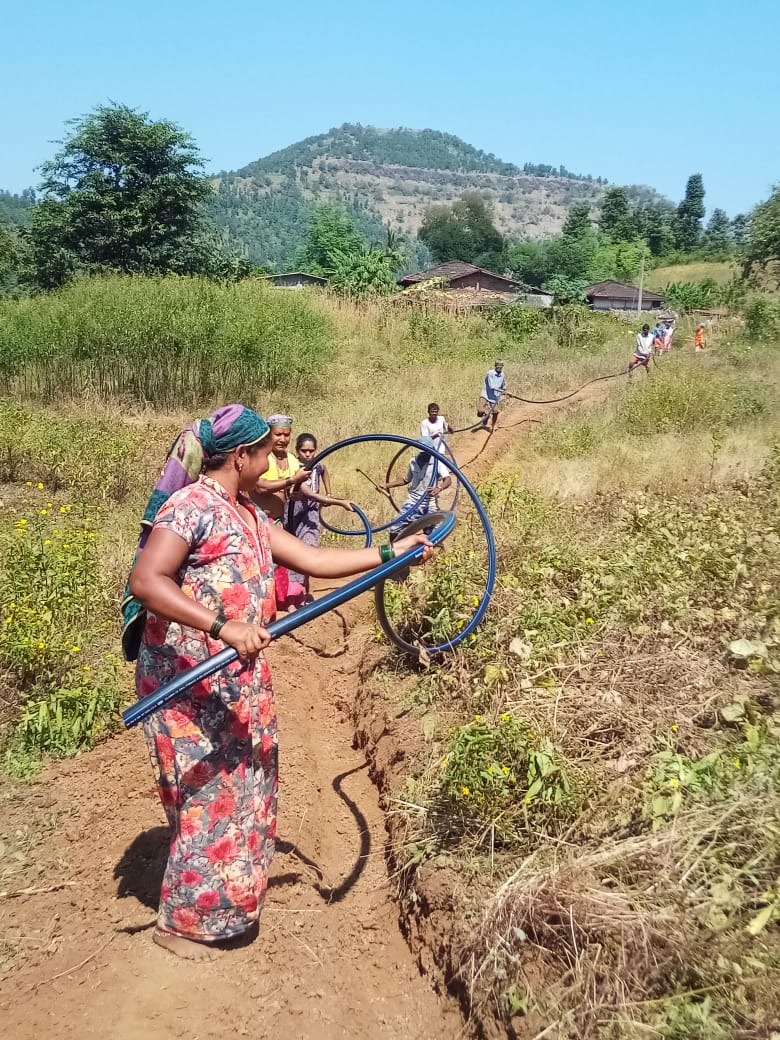
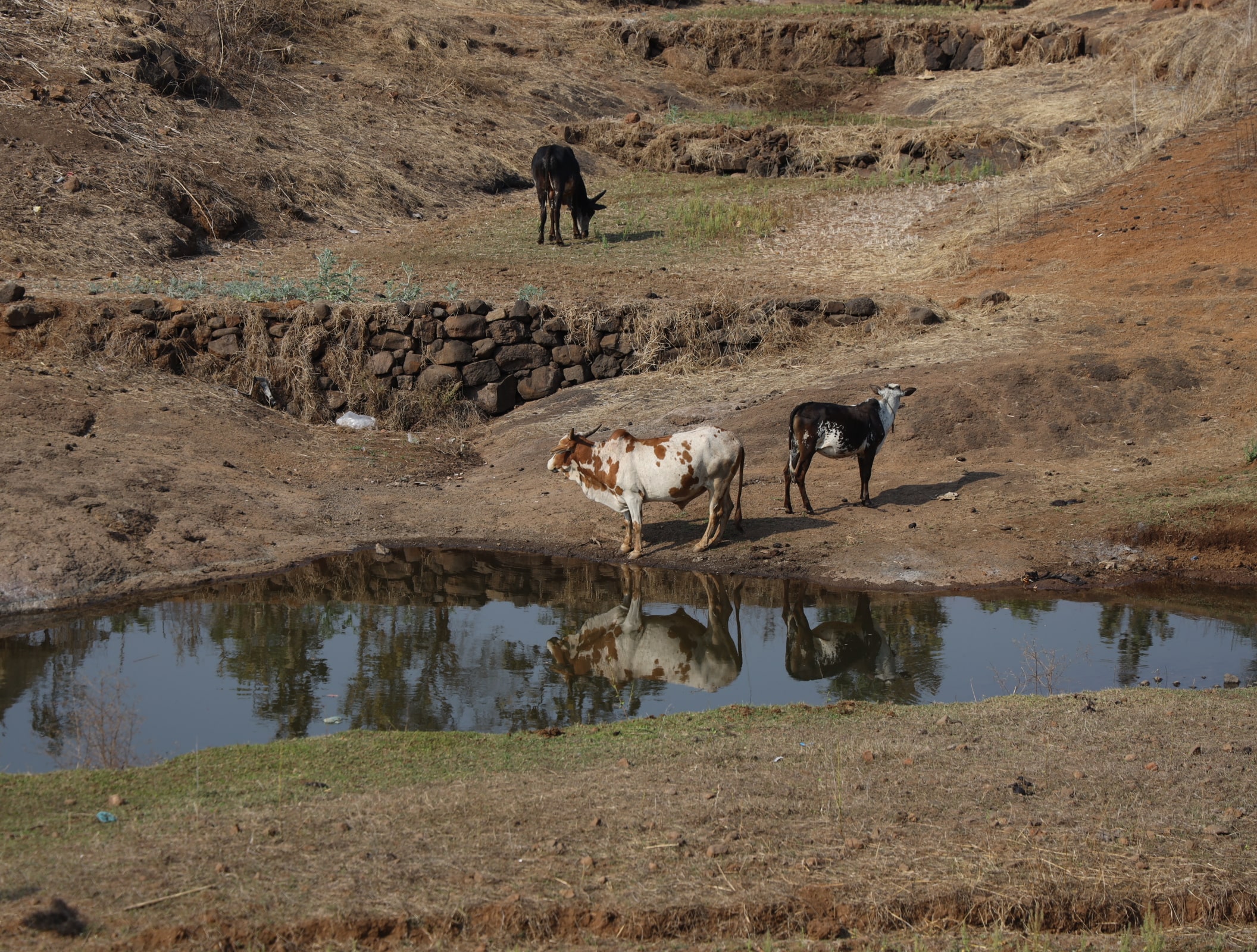

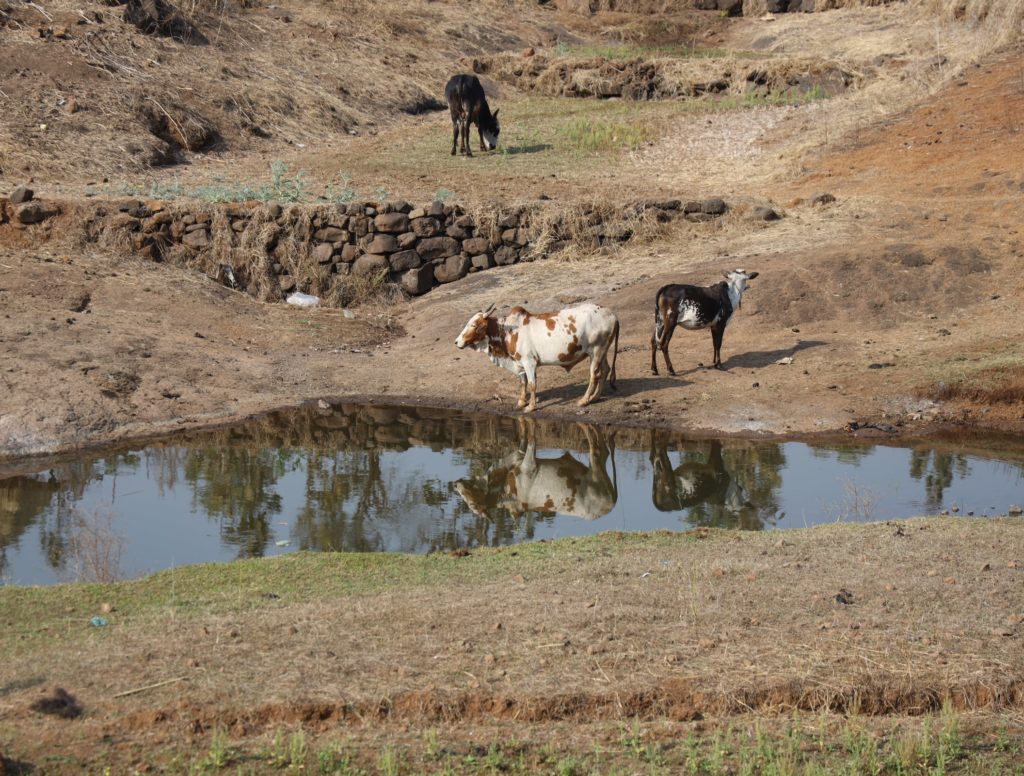
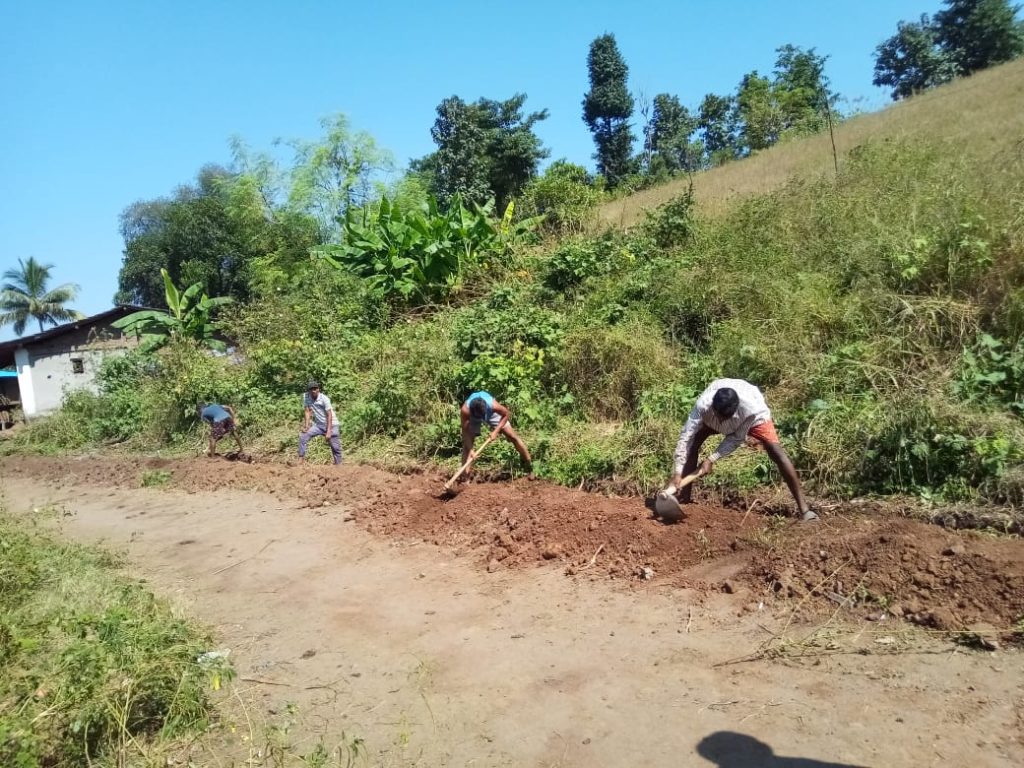
These sustainability programmes have addressed the issue of migration in this tribal village. Labourers, who had returned to their homes during the pandemic, now grow and sell their farm produce in the open markets.
However, education does remain a challenge and it has suffered further because of the pandemic. On the one hand, schools and junior colleges within the Zila Parishad aren’t fully equipped to impart e-learning. On the other hand, many children haven’t been able to take online classes since the lockdown because their parents do not own a phone, leave a smartphone.
